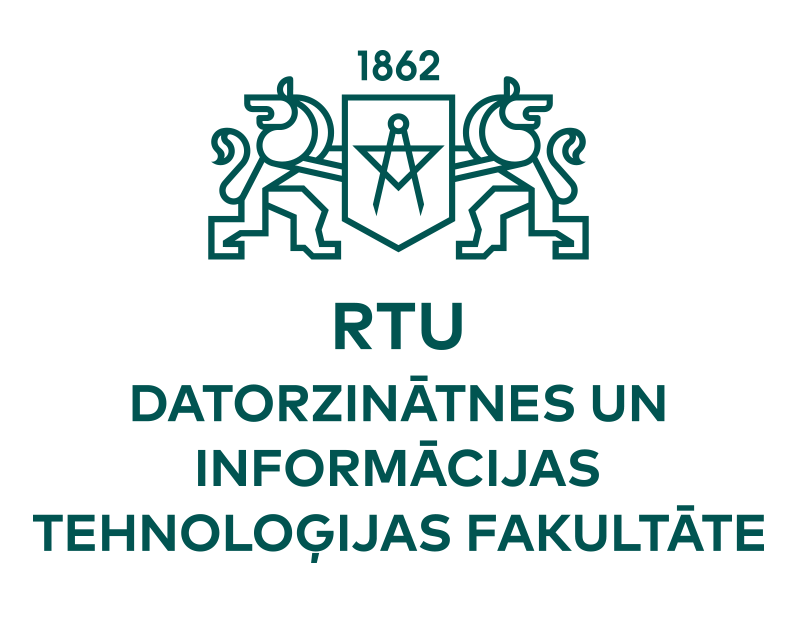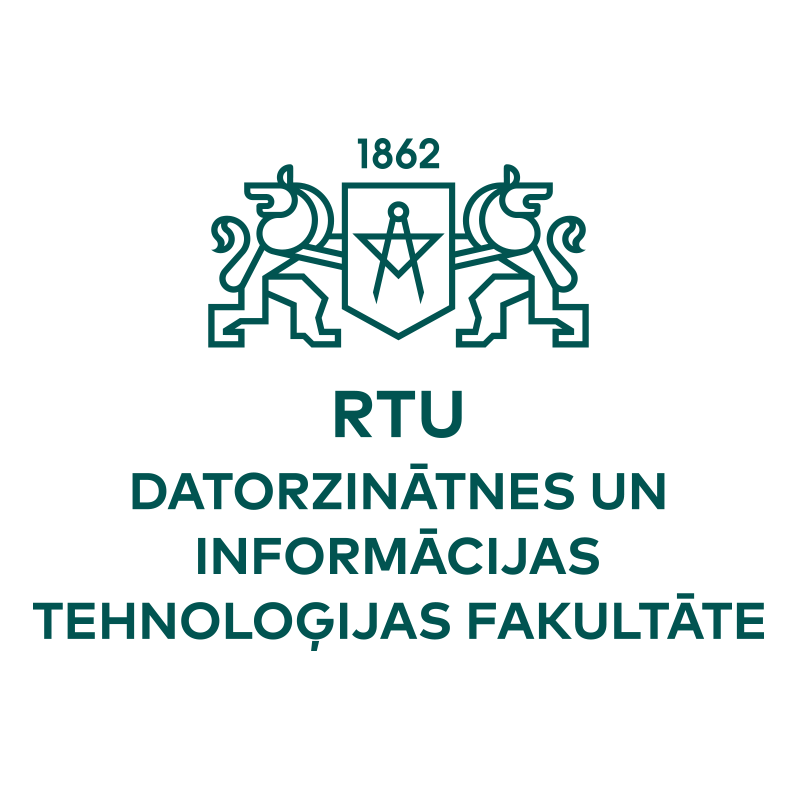
Projekta realizācijas laiks:
01.01.2021
-
27.12.2023
Stakeholders:
- organizations dealing with smart grids;
- higher education institutions.
Stakeholders needs:
Cybersecurity of European energy systems is threatened due to major trends in our energy systems:
- Taken integration of markets and coordination needs, Europe is aiming for a fully integrated internal energy market, where real-time markets will function with high volumes. This will entail to cross-border coordination and increased data exchange, when functioning of new types of actors (e.g., prosumers) needs to be managed. This will be a challenge for security as continuous security analyses are required.
- There is a movement towards decentralized renewable energy production. In decentralized energy systems, the distribution systems will have a critical role with respect of security.
- Taken the application of digitized solutions in energy systems, the issue is that components of electricity grids such as electricity generators and distribution networks to smart meters in homes will be more and more connected on the Internet-of-Things and all these devices can be attacked. As energy systems will adopt emerging information technologies such as mobile Internet, cloud computing attackers have new attack surfaces to exploit. Cyber criminals have become aware of this and there has been a massive increase in the number of successful cyber-attacks. Especially electricity networks such as smart grids interconnect vast number of users and energy transmission systems. Therefore, single disturbance may propagate widespread negative effects.
These issues request that:
- organizations dealing with smart grids train their professionals in cybersecurity issues;
- higher education study programs in smart grids adopt cybersecurity learning outcomes.
Provided solution:
To answer to the need for cybersecurity professionals in smart grids it is necessary:
- to review the state of the art, trends and skill gaps in cybersecurity in smart grids and infer insights for training and education;
- to develop a roadmap that consider how stakeholders such as industry, research and teaching institutions, and civil society should collaborate to foster cyber security education and training in smart grids;
- to develop a technological solution - real-time simulator of a part of the energy chain, and show how it can effectively be integrated in a cybersecurity course.
- to design curricula recommendations for cybersecurity in smart grids.

